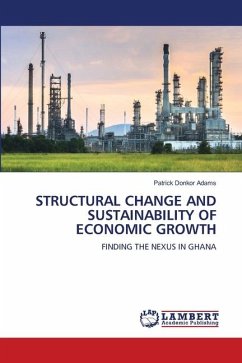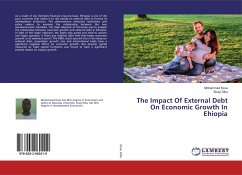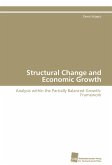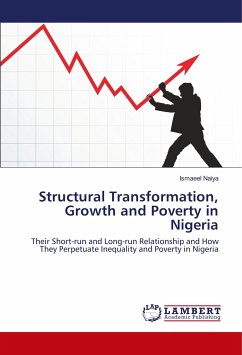This book explores Ghana's economic growth, investigating how structural change influences its sustainability. Analyzing annual data from 1975 to 2016, the results reveal a departure from conventional structural change models: agriculture declining, extraction, construction, and services sectors growing, and manufacturing stagnating in the sectoral contributions to GDP. Through ARDL regression, it identifies positive effects on growth sustainability from agriculture and manufacturing output shares but negative effects from services and extraction/construction output shares. The book advocates for a policy shift to counter de-industrialization in Ghana by fostering an environment conducive to private investment in manufacturing, making it a driver of the services sector. Emphasizing prudence in external borrowing is crucial due to the smaller positive coefficient on growth sustainability and the challenges posed by debt overhang.
Bitte wählen Sie Ihr Anliegen aus.
Rechnungen
Retourenschein anfordern
Bestellstatus
Storno








